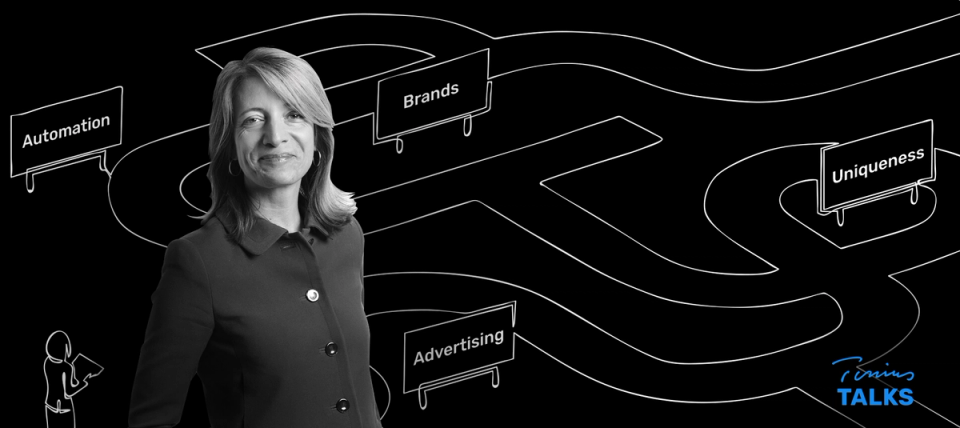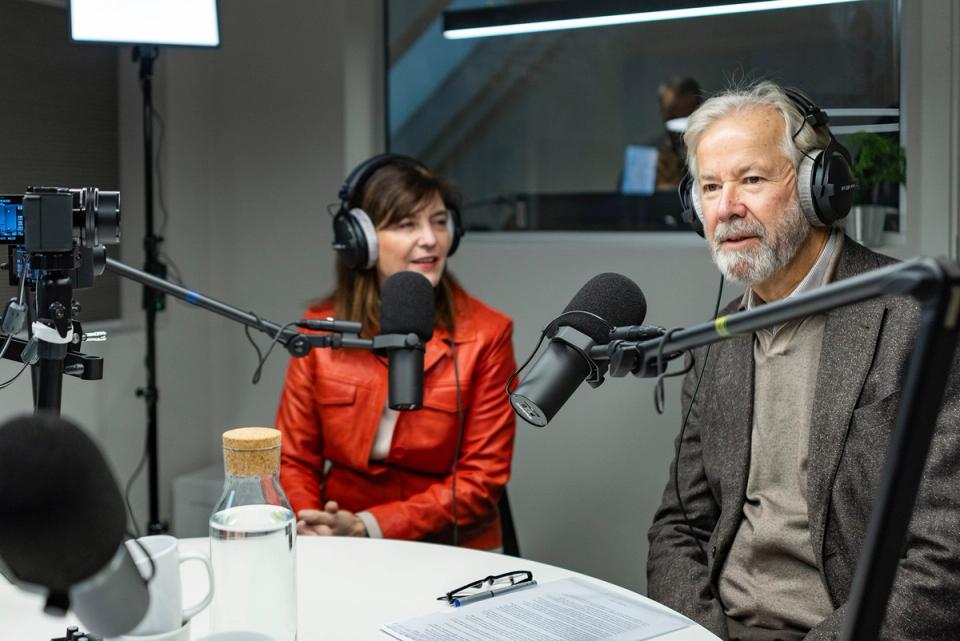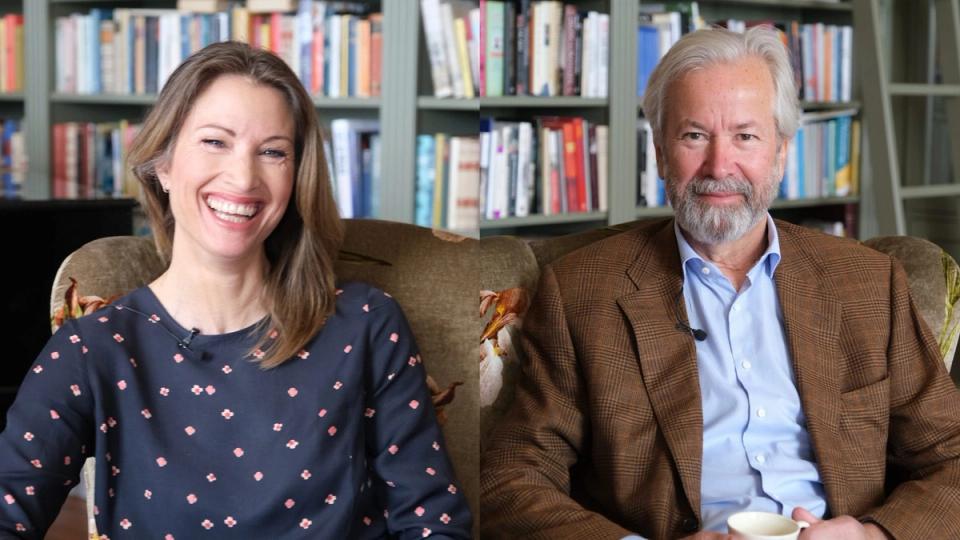26. mars 2018
Publishers who wish to survive

Making the right strategic decisions have rarely been more crucial than for publishers at this point in history. Fear of […]
Making the right strategic decisions have rarely been more crucial than for publishers at this point in history. Fear of taking the wrong turn triggers hesitation. A roadmap to the future is what legacy media need. Answering these five crucial questions can help create it.
The knowledge gained during the digital business’ childhood is an important backdrop, assisting decisions moving forward. Some of the learnings could be summarized as follows:
- Giving away content for free online was a mistake
- Most readers paid for the bundled experience, not for quality journalism
- The display ad market is lost
- Digital revenue is worth less
- Publishers lost the sharpest digital competence, before we understood we needed it
When the publisher’s ad revenue is falling faster than an avalanche, it is not the moment to be tagging along, watching what others are doing and hope for the best. No, it is a moment to learn from past mistakes and pose the right questions for a successful future.
Here are five questions legacy media companies need to answer in order to make the necessary long-term strategic decisions.
- Is the ad business dead?
If it is – it means finding other sources of revenue and fast. If you still believe in it, do you believe your media company can extract the same amount of value from your data as the global giants? If yes, what collaborations are necessary to succeed? If not, can the ad business be something else than targeting in the future?
- Are the global giants uncatchable?
If they are – is there other domains where legacy media can beat them, filling the blanks where Facebook, Google and their like can never succeed? Are they friends or foe? If foe, can you survive without them?
- Do news brands still have a value?
If yes, how can you monetize from them? What brand extensions could be successful? If no, what brands are you building to replace it?
- Will automation solve language limitations?
If yes, when? If this is an opportunity for you – as for most of media houses across the globe, who are not publishing in one of the major world languages – how must you act now for this to happen when powerful translation tools are default? How does this alter your future offer, target groups – even your identity?
- Is the young generation lost?
If yes, it means maximizing the business coming from the elder nuclear users, the years you have left. If no, in what ways must your offer change to attract these paying customers of the future? When do you project that they will be the bulk of your user base? How will you survive until then?
Of course, many colleagues in the media industry are already working arduously on these topics. Some might want to add other strategic choose or lose-aspects: questions of technology advancement, the implementation of IoT, artificial intelligence, policy developments and future access to sources. Not to mention the core question: Can trust be monetized? With the related: Is the break in the trend of reluctancy to pay for quality journalism a lasting one, or merely a Trump bump?
A while ago I wrote on Twitter that I do not believe in the so called post-truth era, even though there are strong and well-funded forces who promote this thought. Post-truth promoters wish for us to believe that there is no difference between facts and fake, serious publications and propaganda outlets.
I hope that if I get the opportunity to write a new summary in ten years’ time, I will be able to say that legacy media silenced the croakers. That the journalistic ethos that carried publishers through many storms in the past, was recognized by the citizens. I hope they realized the value of quality journalism and their need for it – as the foundation stone of democracy.
Short about the author:
Anette Novak is a consultant and media strategist. She is the former CEO of Rise Interactive, a Swedish ICT and design research institute focusing on interaction design and UX. Novak is also a member of the Tinius Trust Board of Directors since April 2017, vice president of Fojo Media institute and former board member of the World Editors Forum. In 2015-2016 she led a Media Policy Inquiry on behalf of the Swedish Government. She has a solid background from different managerial positions within the media sector. Until 2012, she was editor-in-chief of the regional media house Norran, where she attracted global attention for having launched collaborative journalism.
What is “Tinius Talks”? Tinius Talks are articles, videos or debates by specialists on the future of journalism, fair tax policies and ethics in algorithms – shared by the Tinius Trust once a month throughout 2018.



